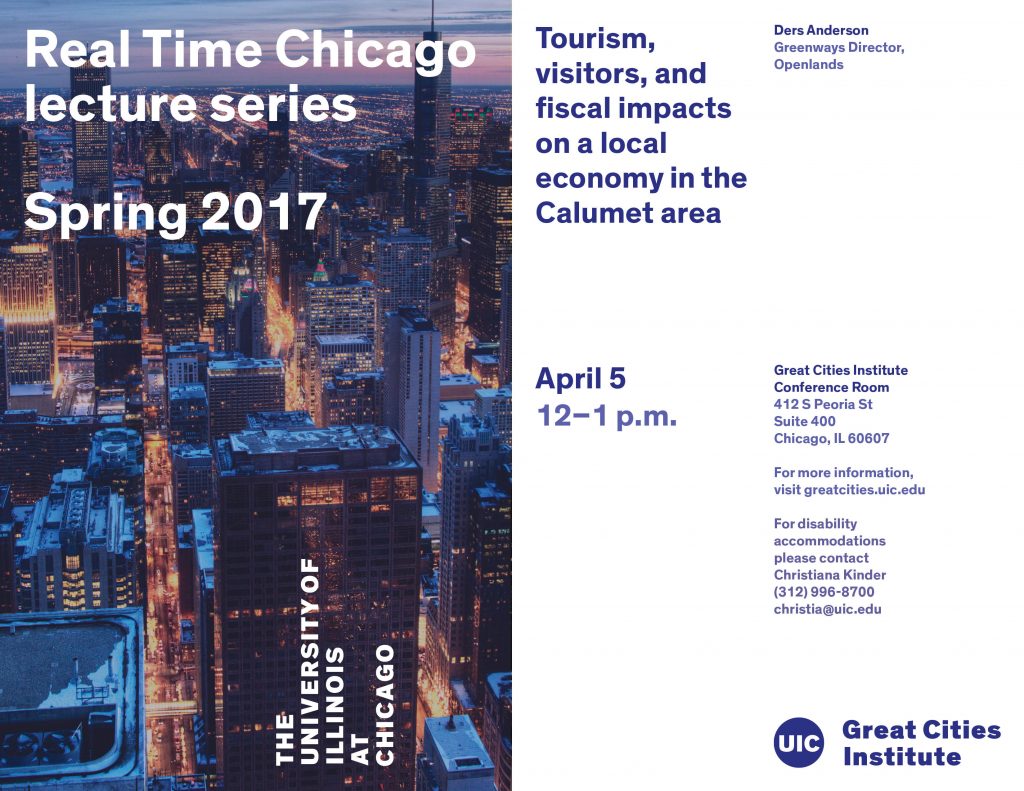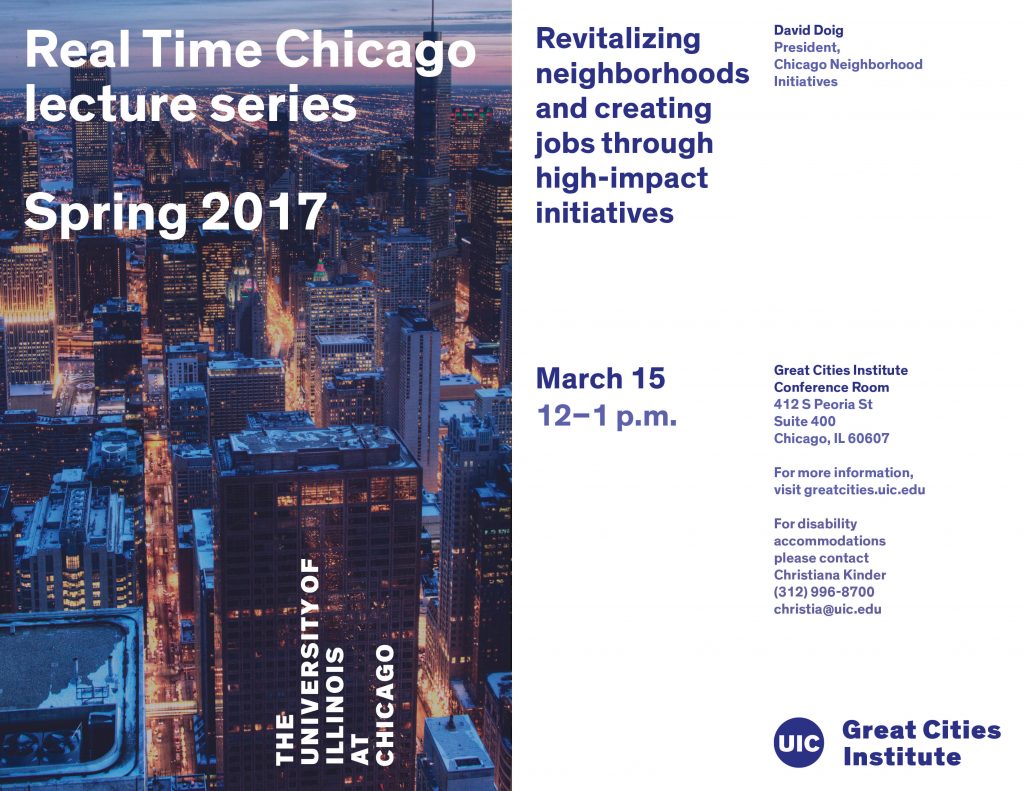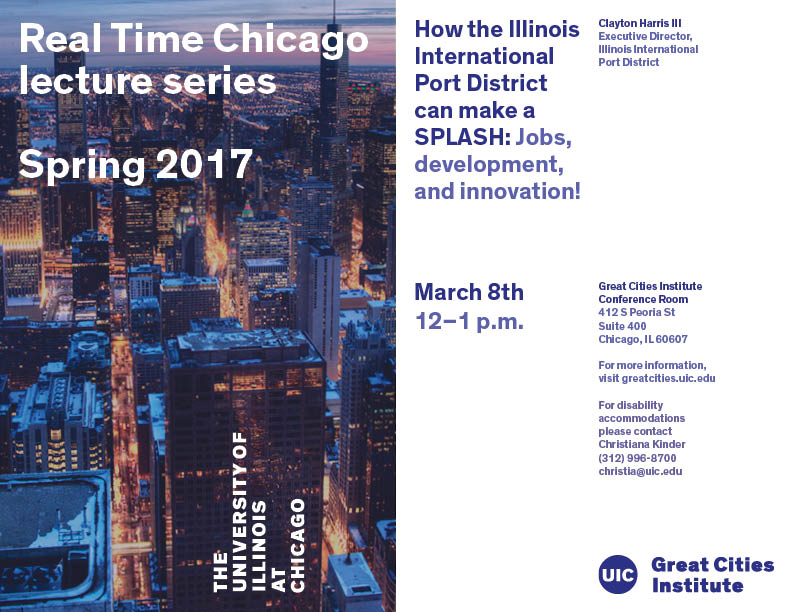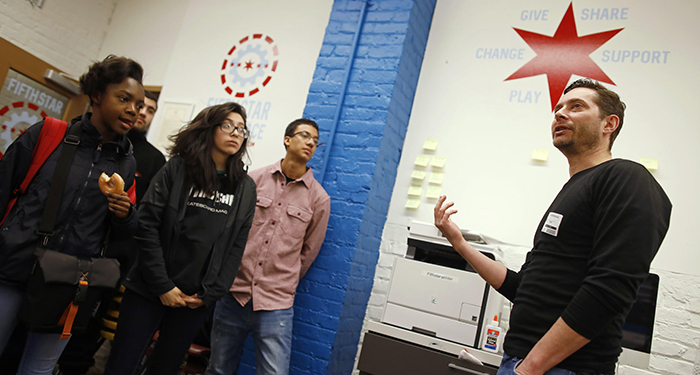
The Calumet area at the Illinois/Indiana border is rich in world class prairie and savanna habitats, the best trail network in the region, a stretch of the 1000 mile Lake Michigan National Recreation (lake kayaking) Trail, the Pullman National Monument, the A. Philip Randolph Museum, some great microbreweries, music festivals, the best windsurfing in the region, the Little Calumet River Water Trail, a stretch of the 500 mile Grand Illinois Trail, and its intersection with the 4600 mile coast-to-coast American Discovery Trail, and the most biologically diverse BioBlitz site yet found in Illinois…..yet….you probably haven’t experienced any of these features….but you will, someday soon. And when you come down to the Calumet area, you will spend some money, and the area and its residents will benefit. That’s what eco/cultural-tourism is all about.
Ders Anderson is the Greenways Director at Openlands. He’s worked in the Calumet area on a variety of projects for over 20 years. As Greenways Director, he has developed and implemented plans related to water trails, bike/ped trails, as well as creek and river protection and restoration, throughout the Chicago Wilderness region.
–
For disability accommodations please contact Christiana Kinder, (312) 996-8700 or christia@uic.edu.





